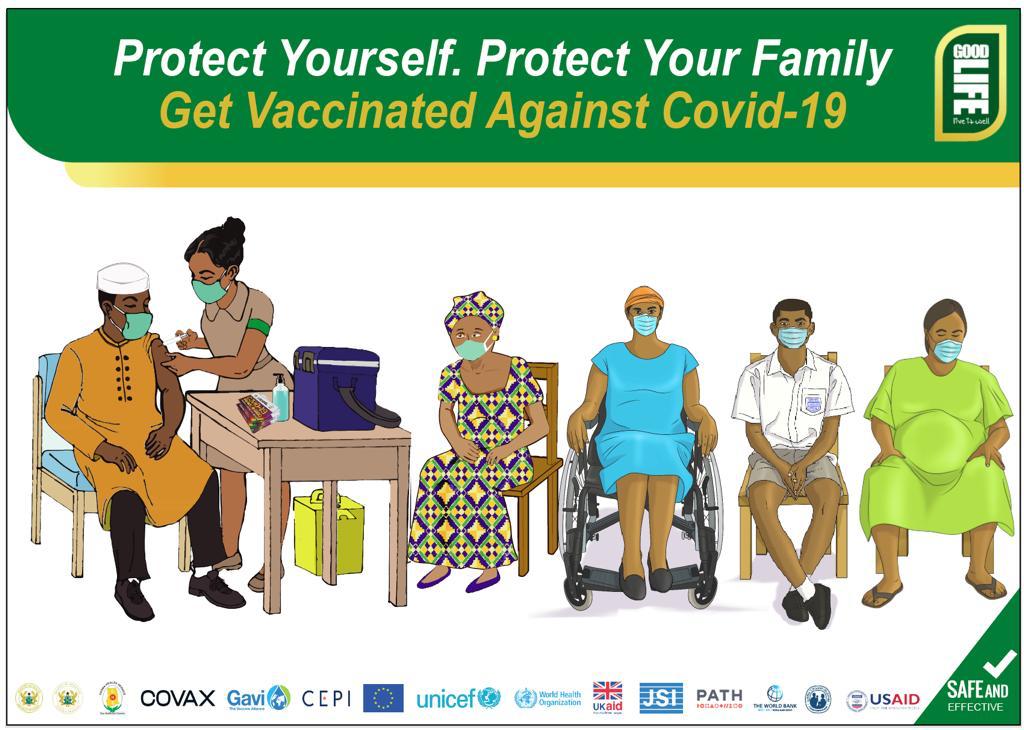It has been more than four years since the world was plagued with the deadly pandemic of Covid-19. At the time and due to newness, major public health and communication interventions were being drastically employed to share health information to ensure people are safe and are reliably informed.
The spate of the pandemic also promoted immediate research in various fields of inquiry, from direct clinical research and drug development to more social and behavioral studies. Since the onset of the pandemic prompted increased media awareness and communication efforts, several studies were also conducted to propose the best communication strategies and approaches to improve communication at the time. One such study was conducted by Vincent Amedzake, an undergraduate student of the then Ghana Institute of Journalism, now a constituent of the University of Media, Arts and Communication.
This essay attempts to unpack the research and findings made in the study conducted by Vincent Amedzake, who delved into the role of social media in health communication during the COVID-19 pandemic in Ghana. The study aimed to examine the extent to which social media played a role in health communication during the pandemic.
According to the findings of the study, social media emerged as a crucial platform for disseminating information about COVID-19 in Ghana. Platforms like WhatsApp, Facebook, Twitter, and Instagram were identified as the primary sources through which Ghanaians received information and updates about the coronavirus.
The study highlighted that information shared on social media often came directly from reliable sources such as the World Health Organization (WHO) and the Ghana Health Service. Additionally, mainstream media outlets in the country also contributed to the dissemination of COVID-19 messages through their social media handles.
With over six million Ghanaians actively using social media platforms, the reach and impact of health communication through these channels were significant. The near-instantaneous nature of social media facilitated the rapid spread of information and allowed individuals to seek clarifications and ask questions about COVID-19 almost immediately.
Furthermore, social media played a crucial role in providing emotional support and connecting friends and families during a time when social gatherings were restricted. However, the study also identified challenges associated with social media use during the pandemic, including the spread of misinformation and fake news.
In conclusion, while social media proved to be an essential tool for health communication during the COVID-19 pandemic in Ghana, measures need to be put in place to address the challenges of misinformation and ensure that credible information reaches the public. Future research in this area is recommended to further explore and improve communication strategies during health crises.
Vincent Amedzake’s research sheds light on the evolving landscape of health communication and the pivotal role of social media in disseminating crucial information during times of crisis.
The insights presented are drawn from the research publication titled “The Role of Social Media in Health Communication during the COVID-19 Pandemic in Ghana” by Vincent Amedzake, conducted in 2020. Access the full research paper here.

